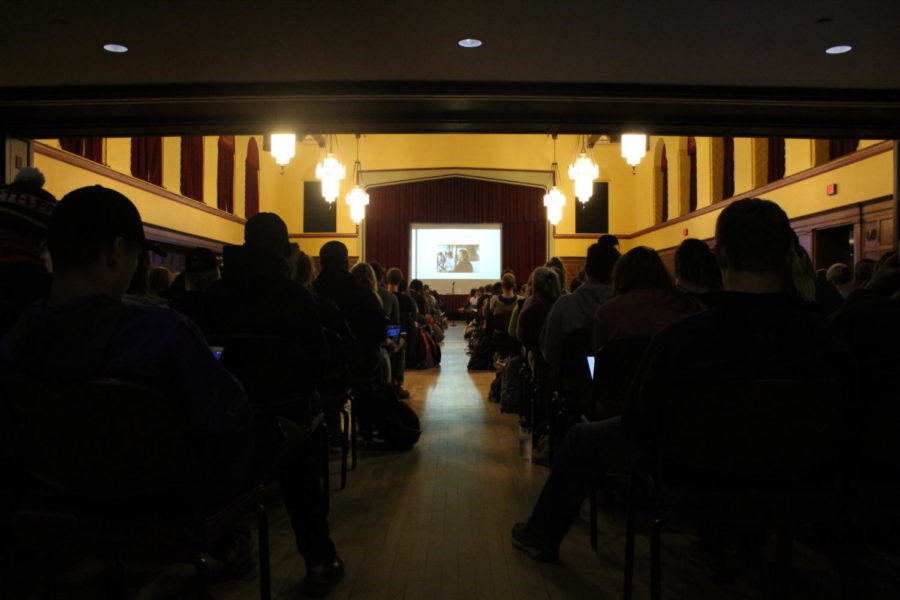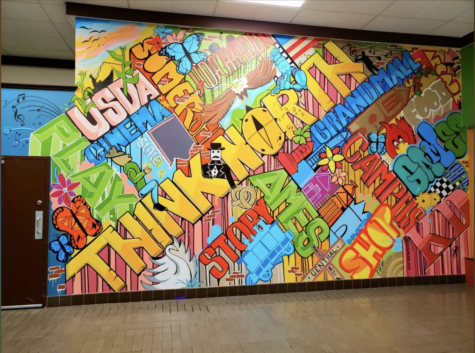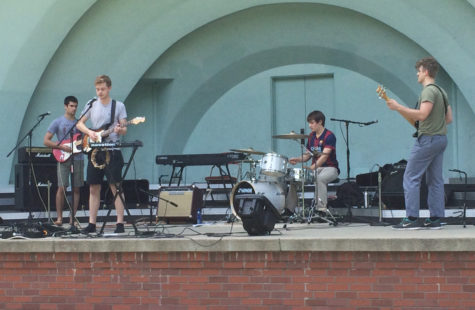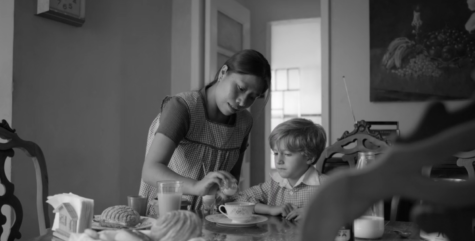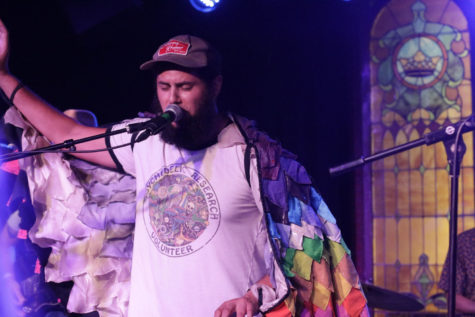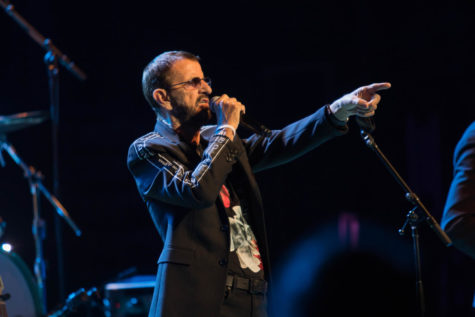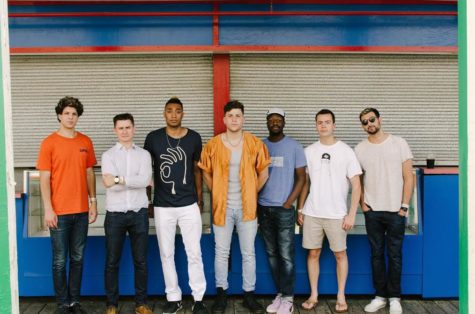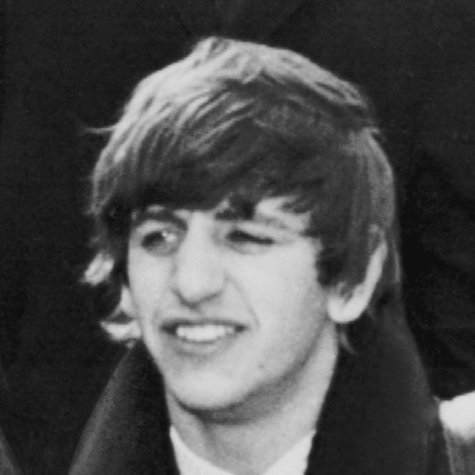‘The Voiceless’ film discusses stigma surrounding men, sexual assault
Students crowded into the Great Hall for the premiere of Iowa State graduate Vanessa McNeal’s documentary on March 27. McNeal premiered her documentary “The Voiceless”, in which five men share their stories as being victims of sexual assault.
March 27, 2017
Sexual violence doesn’t discriminate.
Sexual assault doesn’t care about gender.
Rape doesn’t care about race.
That was the message speaker and filmmaker Vanessa McNeal wanted to get across in her latest project “The Voiceless.”
The film, which premiered Monday evening in the Great Hall of the Memorial Union, focused on a group of people often neglected in the conversation on sexual assault: male survivors.
“The Voiceless” gave five men, all from different backgrounds, the opportunity to share their experiences and showed audiences that sexual assault can happen to anyone.
“I think the overarching message is that sexual violence doesn’t discriminate … on gender, culture [or] race,” McNeal said. “All of these men come from completely different walks of life, and they all experienced something so horrific.”
The film looked at the taboos and stereotypes that haunt male survivors, as well as issues surrounding masculinity that keeps men from coming forward. McNeal noted some similarities between male and female survivors. For both groups, the guilt and shame that follows sexual assault, as well as the traumatic experiences that victims go through after the assault, stay the same.
Despite the similarities, however, men are often neglected in this conversation.
“So many times men are excluded from this conversation because statistically women are experiencing sexual violence at a higher rate,” McNeal said. “But we live in a culture that doesn’t even acknowledge that this is happening at all to men.”
The survivors chosen for the film came from all walks of life with various backgrounds.
One of those survivors, Ivan, is a former Iowa State track athlete and Iowa State graduate. During his youth in Africa, he was molested multiple times by a babysitter at a young age.
But his experience with sexual assault didn’t end when he moved to the United States. Here, he was sexually assaulted again by a young girl who lived in his neighborhood.
In the film, Ivan discussed how sexual assault affected the way he viewed masculinity, women and relationships, and about the importance of telling someone.
“If you’re hurting, if you’re someone who’s a victim, your story only becomes significant when you come out,” Ivan said.
Kaleb, a graduate student at the University of Nebraska-Omaha, detailed in the film his experience of being sexually assaulted by a co-worker later in his life.
He said he viewed his assailant as a father figure. The assailant used their relationship and alcohol to take advantage of him.
“He was a wolf in sheep’s clothing,” Kaleb said in the film.
Kaleb’s experience led him to self-harm until police intervention made him seek help. However, legal barriers and victim blaming caused the case against his perpetrator to be dismissed.
“I was really bitter and angry at the time,” Caleb said. “But now, I want to tell my story and help dispel those myths and stereotypes that surround sexual assault, especially male sexual assault.”
Jassim grew up in Saudi Arabia, where a culture of homophobia and silence perpetuates sexual assault unlike any country in the world. Since the time he was a child, Jassim was molested countless times. He’s been the victim of more than one kidnapping where he was assaulted, often by multiple men, all of which went unreported. While this would have caused outrage here in the United States, to his community, it was nothing more than a small incident, like a fight at a school.
Jassim said that because men and women are separated throughout most of Saudi Arabian culture, there is easier access for men to violate men and women to violate women. For Jassim, being a part of this film could put his life in danger if he goes back to his home country, as any homosexual acts, consensual or not, can result in a death sentence. Yet, Jassim believes that almost everyone in his home country has experienced sexual violence.
“The question is, ‘Why am I risking my life and putting myself in danger if I came back to Saudi Arabia?'” Jassim said. “Well, the answer is to stop rape. I don’t have any problem risking my life to save one child.”
Dakota, a graduate student at the University of Northern Iowa, talked about experiencing sexual violence as a gay man. During the first semester of college, Dakota began a relationship with another student. At the time, Dakota said he was still questioning his sexuality, so he kept the relationship quiet. After a few months, a Valentine’s Day date ended back at the man’s apartment, where they decided to have sex. However, Dakota became uncomfortable and, after his pleas to stop went ignored, that consensual sex became rape.
“When somebody says, ‘please stop,’ you don’t keep going, you don’t continue,” Dakota said. “Sex and intercourse can start out consensually, it can start where there is consent. But consent can always be taken back.”
Will, an activist from Des Monies who works with police and youth, was molested by his stepfather when he was young. During the film, he discussed how his experiences made him feel angry, afraid and unsafe in his home. Because of this, Will turned to gang life. He lived off the streets as a young adult, until his friend was shot during a gang fight. That same experience saw Will on the wrong side of a gun as well, only to be saved when the gun jammed.
For other survivors, Will encouraged them to seek help and tell someone. He said that without reaching out, the perpetrators win.
“Please, don’t let the them keep winning,” Will said.
McNeal said that Will’s story highlighted a dangerous power dynamic that often affects those who survive sexual violence early in life.
“Because of the power that was taken away from him as a kid, he grew up having to feel like he was tough,” McNeal said. “He had to push people around. He had to be angry and he had to be tough. I think that can be seen for a lot of kids.”
After the showing, members of ACCESS, McNeal and two survivors featured in the film, Will and Jassim, held a panel discussion where audience members were asked to text in questions. During the panel, Will and Jassim discussed healing, coping methods and the importance to speaking out.
“The Voiceless” will be screened in Iowa City on Sunday and The University of Northern Iowa next Wednesday. It’s slated for a digital release on April 5.

